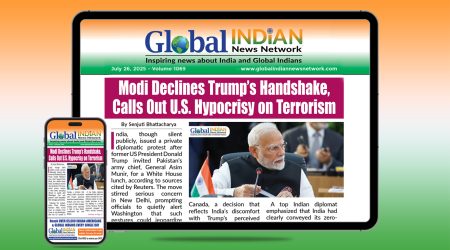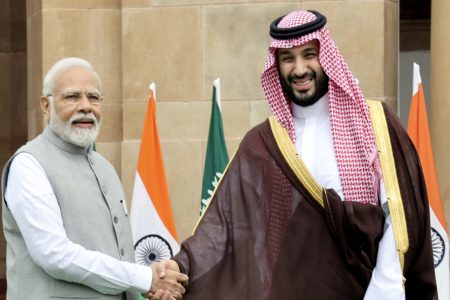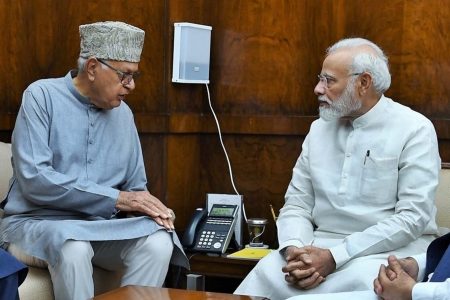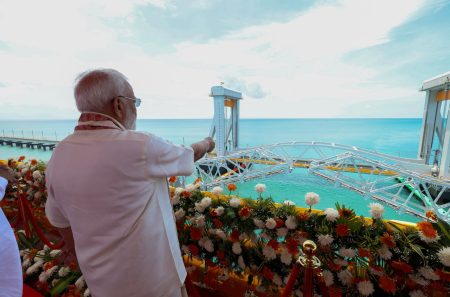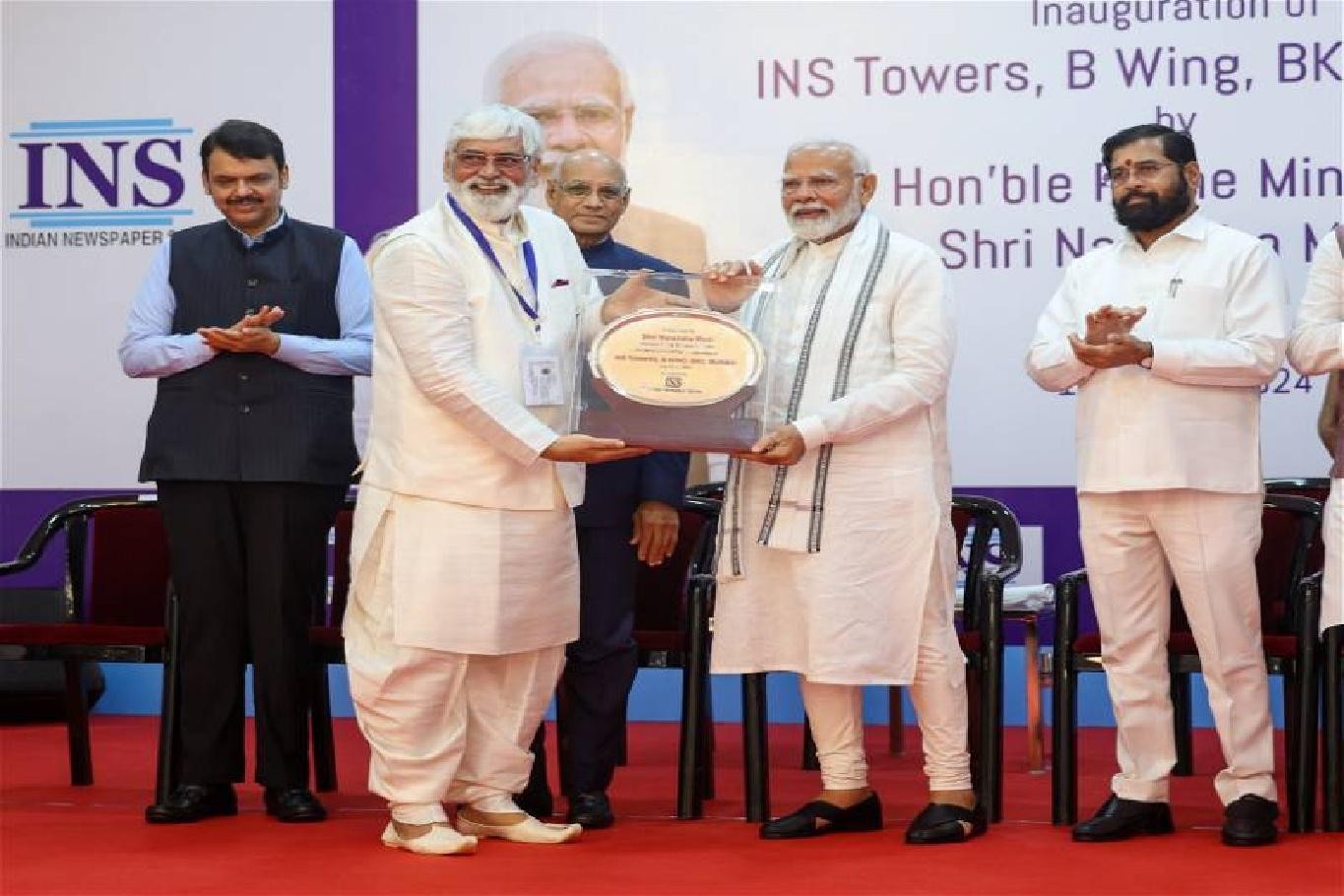
During his visit to the Indian Newspaper Society (INS) Secretariat at G-Block, Bandra Kurla Complex in Mumbai, Prime Minister Narendra Modi inaugurated the INS Towers. This new facility is designed to meet the modern and efficient office space needs of INS members and is intended to become the central hub for Mumbai’s newspaper industry.
In his speech, Prime Minister Modi congratulated all INS members on the new tower’s inauguration and expressed optimism that the improved working environment would further strengthen India’s democracy. He highlighted that the Indian Newspaper Society, established before India’s independence, has not only witnessed but also communicated the country’s historical journey to its people. He emphasized the significant impact of INS’s work on the nation.
Prime Minister Modi asserted that the media plays an active role in shaping the nation’s conditions. He emphasized the importance of newspapers and magazines in India’s journey towards becoming a developed nation over the next 25 years. Highlighting the media’s role in raising awareness about citizens’ rights and potential, he cited the success of digital transactions in India as an example. He acknowledged the media’s partnership in these achievements and noted that other major nations are interested in India’s digital public infrastructure.
The Prime Minister also discussed the media’s natural role in fostering discourse on serious issues and the impact of government policies on media operations. He cited the Jan Dhan Yojana’s financial inclusion initiative, which integrated approximately 50 crore people into the banking system, as a significant aid to Digital India and anti-corruption efforts. He praised the media for bringing movements like Swachh Bharat and Startup India into the national conversation, free from vote bank politics.
He recognized the Indian Newspaper Society’s influence in guiding the country’s media and emphasized that government-initiated events, such as Azadi Ka Amrit Mahotsav and Har Ghar Tiranga, are embraced nationwide. Modi stressed the importance of environmental protection as a humanitarian issue, mentioning the ‘Ek Ped Maa Ke Naam’ campaign, which gained global interest during the G7 Summit. He urged media houses to support such initiatives for the benefit of future generations. He also highlighted the media’s role in celebrating the 75th year of India’s Constitution by enhancing citizens’ duty and awareness.
Prime Minister Modi suggested that collective efforts in branding and marketing are essential for tourism, proposing that newspapers dedicate a month to promoting tourism in different states, thereby fostering mutual interest. He also encouraged newspapers to expand their global presence, underscoring the media’s role in projecting India’s success worldwide. He highlighted the growing importance of the Indian diaspora and suggested that Indian publications expand to all UN languages, facilitated by AI.
Concluding his address, the Prime Minister encouraged media houses to utilize digital editions of their publications due to their lack of space constraints compared to print editions. He expressed confidence that the media would consider his suggestions, innovate, and contribute to strengthening India’s democracy, ultimately aiding the country’s progress.
The event was attended by Maharashtra’s Governor Ramesh Bais, Chief Minister Eknath Shinde, Deputy Chief Ministers Devendra Fadnavis and Ajit Pawar, and INS President Rakesh Sharma.

